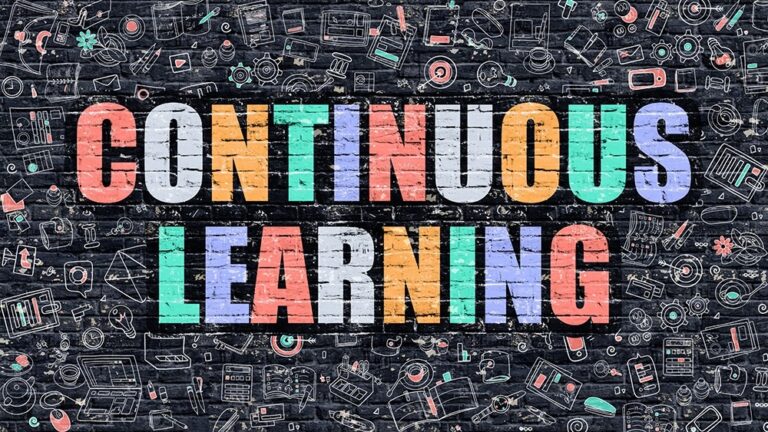Is It Cheating or Just Smart Learning? The Truth About Online Class Help
Online education has become a normal part of student life. From college freshmen to working adults earning degrees, millions of people now rely on digital classrooms to reach their goals. But with this rise in online learning, another trend has also gained attention — students turning to “online class help” services for support. Some see these platforms as useful study aids, while others argue they cross the line into academic dishonesty. So, where’s the truth? Is it cheating, or just smart learning?
When the workload piles up and deadlines get too close, many students think, “Maybe I should just pay someone to do my online class through Myassignmenthelp.com.” The idea of getting help sounds tempting, especially when juggling jobs, family, and classes. But before making that decision, it’s important to understand both the benefits and the ethical gray areas of these services. Not all academic help is wrong — the difference lies in how it’s used.
The Pressure Behind Online Classes
Unlike traditional classrooms, online courses require strong self-discipline. Without face-to-face reminders from teachers, many students struggle with motivation, time management, and communication. Assignments can feel endless, and virtual lectures don’t always provide enough support. It’s easy to see why students look for outside assistance. In some cases, help from an academic service can actually keep them on track — if used responsibly.
The Fine Line Between Help and Cheating
There’s a clear ethical line between getting help and outsourcing your education. Using study guides, tutoring, or editing assistance to improve your understanding is perfectly fine. But paying someone to take your quizzes, write your essays, or complete entire courses for you crosses that line. It’s not just about breaking school rules — it’s about missing out on valuable learning experiences that shape your future. Education isn’t just about the grade; it’s about growth.
Why Students Seek Online Class Help
Most students who seek academic help aren’t trying to cheat. They’re overwhelmed. Balancing part-time jobs, internships, and personal responsibilities makes it difficult to manage deadlines. Some students also struggle with mental health or family pressures. Instead of viewing them as dishonest, it’s important to recognize that many are simply looking for guidance and structure. When used properly, online help can support learning, not replace it.
Online Class Experiences
For many students, Online Class Experiences vary widely. Some find digital learning convenient and flexible, while others describe it as isolating and stressful. Without real-time interaction, it’s easy to feel disconnected from instructors and peers. This gap often pushes students to look for outside resources — not to cheat, but to better understand material they find confusing. The key is ensuring those resources serve as learning aids rather than substitutes for participation. Responsible use can make online education more effective and engaging.
The Ethical Side of Academic Support
Ethics play a huge role in how online academic help should be approached. Services that offer tutoring, study guidance, or writing feedback can be incredibly useful. They help students develop stronger research, organization, and communication skills. However, when services start offering to “do everything” for a student — attending lectures, writing essays, or taking exams — the situation changes. Not only is it dishonest, but it also prevents real learning. The goal should always be growth, not shortcuts.
Balancing Support and Self-Discipline
The smartest students know how to balance external help with personal responsibility. Asking for assistance with proofreading or understanding concepts is healthy. But taking credit for work you didn’t do can lead to serious academic consequences — from failing grades to expulsion. Universities are becoming stricter about plagiarism and academic fraud, using software and digital tracking tools to catch offenders. Learning to manage your time, study effectively, and use resources ethically is what separates a successful student from a dependent one.
Smart Learning, Not Shortcuts
If used the right way, online help can be part of smart learning. The trick is to use these tools as supplements, not replacements. For example, a tutor can explain a tough math concept, or an editor can help refine your essay without writing it for you. Think of online assistance as coaching — guidance that helps you improve, not a crutch that carries you. Learning how to learn efficiently is the real “hack” for success.
Building Integrity in the Digital Age
The shift to online education has changed what it means to learn honestly. Students need to develop self-awareness and integrity just as much as academic skills. Before using an academic service, ask yourself: “Will this help me understand the material better?” If the answer is yes, it’s likely ethical. If the answer is no — if you’re avoiding the work altogether — it’s worth reconsidering. Real education is built on effort, curiosity, and persistence.
Final Thoughts
The question of whether online class help is cheating or smart learning depends on how it’s used. When students use services for tutoring, editing, or guidance, they’re engaging in responsible learning. But when they hand over their entire workload, they’re giving away the chance to grow. Education is meant to challenge, not overwhelm. By approaching online support with honesty and discipline, students can make the most of their opportunities — learning smarter, not cutting corners.






